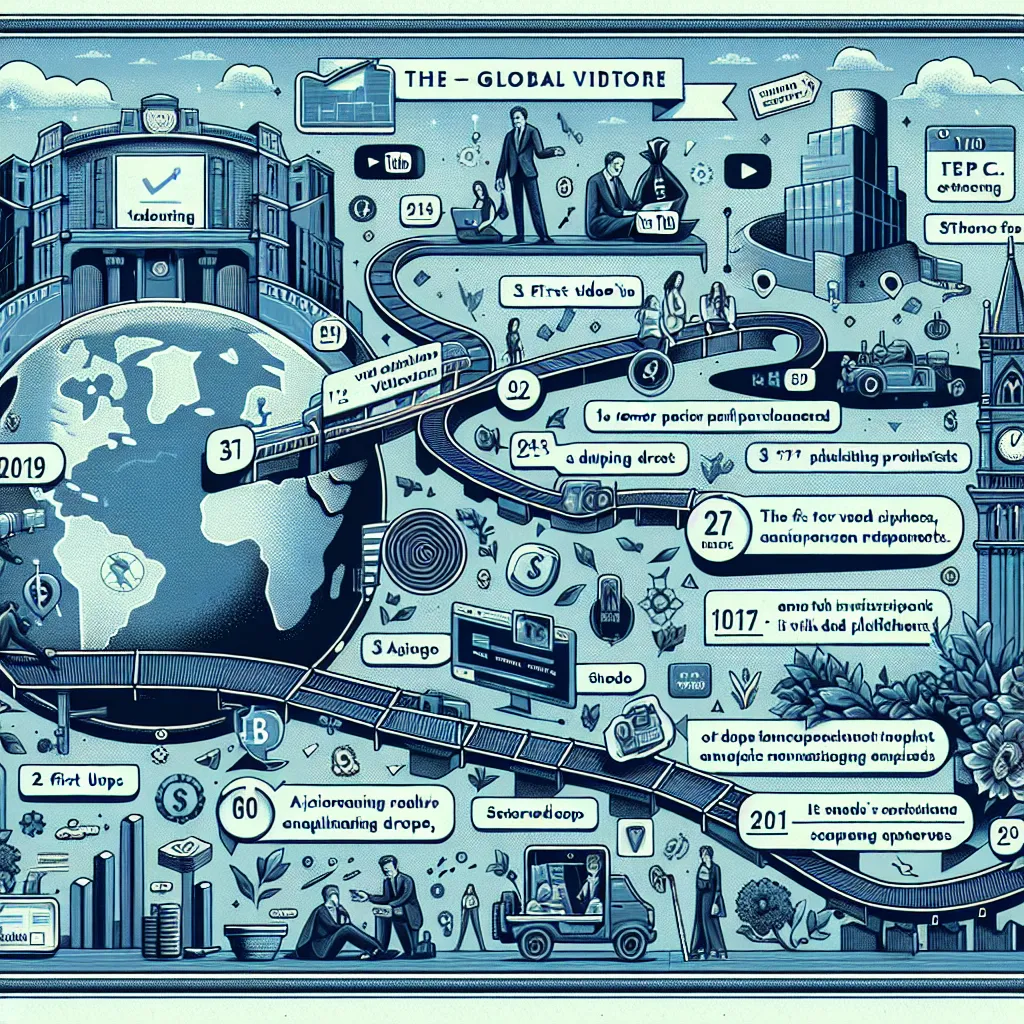In the vast and complex world of global finance, a small yet significant idea has been circulating for decades: the Tobin tax. Named after the Nobel Prize-winning economist James Tobin, this concept involves imposing a tiny tax on international financial transactions, particularly those involving currency conversions. The goal is twofold: to curb speculative trading that can destabilize economies and to generate revenue for global development projects.
To understand the Tobin tax, it’s essential to delve into its origins. In the early 1970s, as the Bretton Woods system of fixed exchange rates gave way to floating exchange rates, the global financial landscape underwent a significant shift. This change led to a surge in short-term currency speculation, which often resulted in sharp exchange rate fluctuations and economic instability. Tobin, observing these trends, proposed his tax in 1972 as a way to mitigate these issues.
The core idea behind the Tobin tax is simple: by making short-term currency transactions slightly more expensive, it discourages speculators from making rapid, speculative trades. This is not aimed at hindering legitimate long-term investments or trade in goods and services but rather at stabilizing currency markets. For instance, if a speculator is considering a short-term trade that might yield a 3% return, a 0.5% Tobin tax would reduce the net gain to 2.5%, making the transaction less appealing.
One of the most compelling aspects of the Tobin tax is its potential to raise substantial revenue. Even a small tax rate of 0.1% to 0.5% on the trillions of dollars exchanged daily could generate hundreds of billions of dollars annually. This revenue could be directed towards critical global issues such as poverty, environmental protection, and international security. Imagine the impact of such funds on initiatives like the United Nations’ Sustainable Development Goals or in supporting developing countries through institutions like the World Bank.
However, implementing the Tobin tax is not without its challenges. One of the primary concerns is how to distinguish between speculative and legitimate transactions. Speculative trades are often short-term and driven by the expectation of quick profits, whereas legitimate transactions might involve long-term investments or the exchange of goods and services. To address this, some economists have suggested a two-tier tax structure: a minimal-rate transaction tax applied continuously and an exchange surcharge triggered only during periods of exchange rate turbulence.
This two-tier approach is designed to be more nuanced than a flat tax rate. For example, during normal market conditions, a low-rate transaction tax could be applied to all transactions, while an additional surcharge would kick in when exchange rates deviate significantly from their equilibrium. This would help in reducing the volatility caused by speculative trading without hindering normal market operations.
Another significant consideration is the administrative and institutional framework needed to implement the Tobin tax. Given its international nature, the tax would require coordination among multiple countries and financial institutions. This could involve setting up an international secretariat to oversee the collection, allocation, and management of the tax revenues. Institutions like the International Monetary Fund (IMF) or the Bank for International Settlements (BIS) could play crucial roles in this process.
Despite these complexities, several countries and regions have already experimented with financial transaction taxes (FTTs), which are similar to the Tobin tax. For instance, some European countries have implemented FTTs to discourage short-term speculation and raise revenue. These experiments have shown that such taxes can be effective in stabilizing markets and generating significant revenue without severely impacting economic activity.
The debate around the Tobin tax also touches on broader themes of global governance and the role of finance in addressing societal issues. Proponents argue that it represents a way to harness the power of global finance for social good, aligning financial activities with broader societal goals. Critics, however, worry about the potential for such a tax to drive transactions to unregulated markets or to impede the efficiency of financial markets.
In my view, the Tobin tax is an intriguing idea that highlights the need for a more balanced approach to global finance. While it is not a panacea for all financial woes, it offers a promising avenue for reducing speculation and generating funds for critical global initiatives. As we navigate the complexities of the global financial system, it is essential to consider innovative solutions like the Tobin tax that can help align financial activities with broader societal objectives.
Moreover, the Tobin tax serves as a reminder of the interconnectedness of global finance and the need for international cooperation. In an era where financial transactions transcend national borders with ease, a coordinated international approach is crucial. This is not just about regulating markets but also about ensuring that the benefits of global finance are shared more equitably.
The concept of the Tobin tax also resonates with the broader discussion on global public goods. These are goods and services that benefit everyone, regardless of their nationality or economic status, such as climate change mitigation, public health initiatives, and global security. Financing these public goods is a significant challenge, and the Tobin tax offers a potential solution by providing a stable and predictable source of revenue.
In conclusion, the Tobin tax is more than just a financial instrument; it represents a vision for a more stable and equitable global financial system. While its implementation is fraught with challenges, the potential benefits make it an idea worth exploring further. As we continue to navigate the complexities of global finance, the Tobin tax stands as a testament to the power of innovative thinking in addressing some of the world’s most pressing issues.






